Search Results
Search
Filter results
Advanced Filters
Your search returned 242 Solutions
-
University organizing courses for multidisciplinary teams to build accessible homes
The Mahasarakham University in Bangkok developed Home For Life, a three-day training workshop for civil servants, urban developers, and public health practitioners focused on creating accessible indoor and outdoor built environments, especially for persons with physical disabilities.
MSU-DU - Mahasarakham University, Universal Design Center, Home For Life, Thailand -
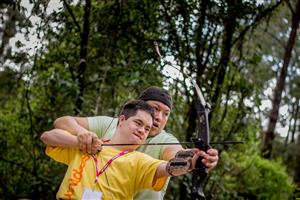
Young Volunteers as Agents for Social Inclusion
Unidos trains young people as volunteers – called "Allies" –, who then accompany people with disabilities to participate in the various Unidos social programmes. Through social franchising the programme has been rolled-out to six cities across the country, supporting 1,877 people with disabilities in 2017.
Unidos Somos Iguales, Mexico -
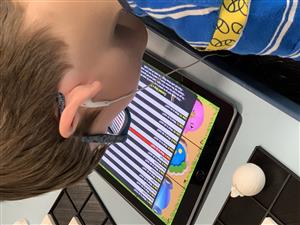
Early-learning technology for children who are blind or visually impaired
Ballyland is a range of gamified educational software programmes and apps. These support children who are blind or visually impaired to acquire foundational technology skills that enable them to use computers and mobile devices and to practice orientation, spatial awareness, memory, and listening comprehension.
Sonokids Australia, Ballyland educational apps, Australia -
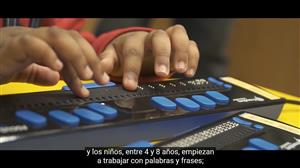
A tool to teach blind children how to read and write by using Braille
Braitico teaches children the use of Braille in a fun and simple way. Therefore it uses an accessible app along with a combination of learning tools, such as stories and games. The programme uses a step-by-step approach right from infancy up to 12 years. Between 2017 and 2019, 106 children have used Braitico.
ONCE Foundation, Braitico (Braille learning tool), Spain -
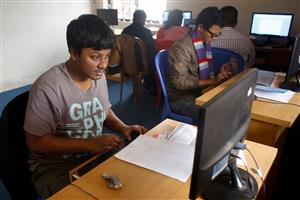
Person-centred job training and employment for people with disabilities
A vocational training centre provides support to people with neurological developmental disorders. Founded in 2014 with six participants, in 2020 there are 459. In addition, 217 people have been placed in paid employment, 21 in self-employment, and 96 in sheltered employment.
PFDA - Vocational Training Center Trust, PFDA-Vocational Training Center Trust, Bangladesh -
Teaching sign language to everyone in an entertaining way
The focus of the project is to increase awareness of the needs of persons who are deaf or hard of hearing, by teaching sign language to the public, thereby acquainting hearing people with deaf culture. The success of the programme led to the expansion of the project, and to offering additional basic and advanced courses.
Access Israel, Israel -
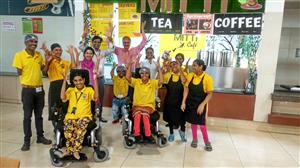
Fast-growing café chain with a majority of employees with disabilities
Since 2017, Mitti Café has been providing hospitality training and employment opportunities in accessible cafés established on the premises of educational institutions or private-sector companies. As of 2020 there are 12 Mitti Cafés, which are managed and staffed entirely by adults with disabilities.
Mitti Cafe, MITTI Café, India -
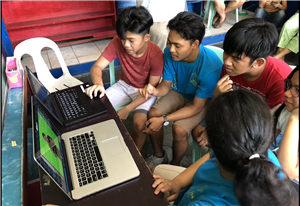
Online library of multilingual signed stories, jointly edited and developed
Deaf World Around You is a web-based library, organized by the Rochester Institute of Technology of the United States. It enables the creation and sharing of stories in sign language. Images, text, and videos featuring sign language storytellers, targeted towards low and middle income countries.
Rochester Institute of Technology, Deaf World Around You (WAY), Indonesia -
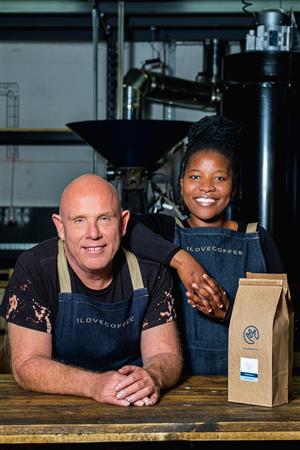
Expanding a chain of coffee shops run by Deaf young people
I Love Coffee operates a chain of coffee shops and coffee roasters and is staffed by deaf youngsters. Employees receive training and support. I Love Coffee currently has ten locations in Cape Town and Johannesburg and employs 26 people, 80 per cent of whom are deaf, and has trained a total of 100 people.
I Love Coffee, I Love Coffee, South Africa -
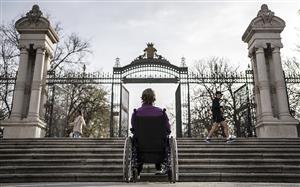
App facilitating citizen reporting of accessibility barriers
The AccesibilidApp was developed by COCEMFE and Vodafone and enables citizens to report accessibility and mobility barriers in their built environment. COCEMFE will then contact those responsible to remove these barriers. Since 2014 a total of 2,331 cases have been reported by 1,355 users.
COCEMFE - Spanish Confederation of People with Physical and Organic Disabilities, Accessibility App, Spain